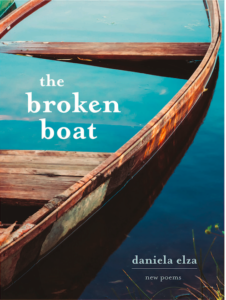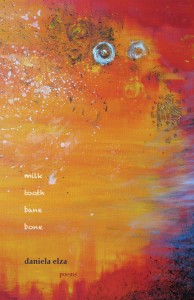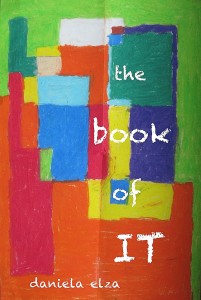a demonstration of humanity
Posted by Daniela Elza on Mar 20 2008
Yesterday I happened to watch Dave Eggers telling the story of Once Upon a School at TED 2008.
Since I am tired of acronyms I will say TED stands for Technology Education Design. Or was the E for Entertainment? Well, that is the problem with acronyms. But highly recommend the talk and the site, which is full of such talks on subjects so diverse you are bound to find something in your area.
Yesterday, I also typed up this quote by Ranciére for a paper I am working on in my current class:
“The artist’s emancipatory lesson, opposed on every count to the professor’s stultifying lesson, is this: each one of us is an artist to the extent that he carries out a double process; he is not content to be a mere journeyman but wants to make all work a means of expression, and he is not content to feel something but tries to impart it to others. The artist needs equality as the explicator needs inequality. And he therefore designs the model of a reasonable society where the very thing that is outside of reason—matter, linguistic signs—is traversed by reasonable will: that of telling the story and making others feel the way in which we are similar.â€
“We can thus dream of a society of the emancipated that would be a society of artists. Such a society would repudiate the division between those who know and those who don’t, between those who possess or do not possess the property of intelligence. It would only know minds in action: people who do, who speak about what they are doing, and who thus transform all their works into ways of demonstrating the humanity that is in them as in everyone.â€
(from The Ignorant Schoolmaster: Five lessons in Intellectual Emancipation by J. Ranciére, 1999, p.70)
And today as I was warming my coffee up I noticed Ivan Illich sitting on my bookshelf and thought it has been a long time since I read him. I pulled off the shelf Celebration of Awareness: A Call for Institutional Revolution and opened randomly to the page that started a chapter called School: The Sacred Cow. The book is from 1970 and I do not have to tell you it had that old smell you smell is second hand bookstores or libraries. And before you get transported to your favorite second hand bookstore or library let me tell you what I read.
This is a time of crises in the institution of the school, a crises which may mark the end of the “age of schooling” in the Western world. I speak of the age of schooling in the sense in which we are accustomed to to speak of the “feudal age” or of the “Christian era.” The “age of schooling began two hundred years ago. Gradually the idea grew that schooling was a necessary means of becoming a useful member of society. It is the task of this generation to bury this myth.
Your own situation is paradoxical. At the end and as a result of your studies, you are enabled to see that the education your children deserve, and will demand, requires a revolution in the school system of which you are a product.
Ok, he wrote this before 1970, when the book was published. I think we are beginning to see a lot of signs for this revolution.
I do not need go on and on about how all these quotes resonate in my head. Let them resonate in yours. Listen to the talk, it is inspiring, it is funny and it is most of all a demonstration of humanity. This is not a concept, this is a movement. Join in.




